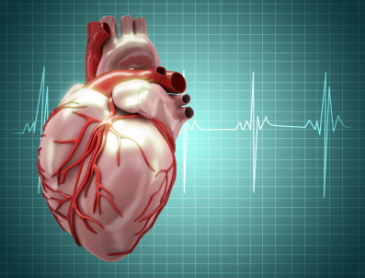Heart attacks and cardiovascular disease affect millions of people each year but through groundbreaking research could become a thing of the past. A University of Bristol public lecture this week will focus on the emergence of regenerative medicine in modern medical care.
Academics from the Bristol Heart Institute will discuss what the prospects are for rebuilding heart tissue to repair the damage caused by a heart attack and explore whether it will, one day, become a standard procedure.
The public lecture entitled, A change of heart? will take place at 6 pm on Friday, December 2 in the Wills Memorial Building, Queen’s Road, Clifton, Bristol. It is free and open to everyone. The lecture has been organised by the Bristol Heart Institute and is supported by the British Heart Foundation (BHF).
The talk will feature three different perspectives on regenerative medicine:
Paolo Madeddu, Professor of Experimental Cardiovascular Medicine and a leading researcher studying stem cells and the science behind regenerative medicine, will explain the research being conducted in the Bristol Heart Institute that underpins this revolutionary medical technique.
Bone marrow stem cells and other stem cells in the body are now used for cell therapy. Professor Madeddu will discuss new research on the transplantation of stem cells that reside in human veins and how this new treatment could restore blood flow to a limb and help in the recovery of a heart attack.
Chair of Cardiac Surgery and Translational Research, Professor Raimondo Ascione is the chief investigator on one of the world’s first ongoing double blind placebo-controlled clinical trial into the use of stem cells to aid heart repair during bypass surgery.
Two of the heart attack patients enrolled in this Bristol-based clinical trial, who had their surgery at the Bristol Heart Institute part of University Hospitals Bristol, will describe their experience of carrying out such a critical role for advancing medical research.
Professor Madeddu said: “Heart attacks and cardiovascular disease affect millions of people each year and we hope with the groundbreaking research that is taking place it will one day become a thing of the past.”
Professor Ascione added: “Members of the public will learn how regenerative medicine is being translated for use in the clinic and how stem cell science might revolutionise modern medicine in years to come.”
This year’s public lecture complements the BHF’s ‘Mending Broken Hearts’ campaign, which is raising money for research to improve recovery after a heart attack.
